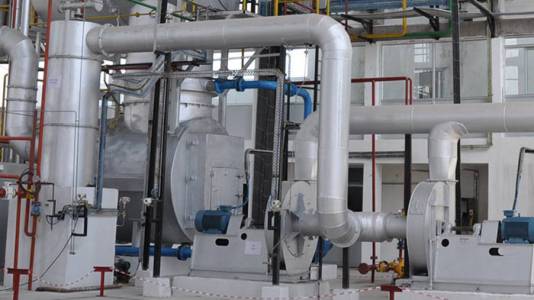
Transforming Waste into a Valuable Resource: Our innovative waste-to-fuel technology provides a sustainable and environmentally responsible solution for managing municipal and commercial waste streams. Instead of landfilling or incinerating waste, we convert it into a clean, reliable, and cost-effective fuel source, reducing landfill burden and greenhouse gas emissions.
Process Overview:
Our advanced process meticulously separates, processes, and converts various waste materials into a consistent, high-energy fuel. The process typically involves:
Benefits:
Applications:
Our waste-to-fuel solutions are applicable to a wide range of clients, including:
Customization:
We offer customized solutions tailored to the specific needs and waste streams of our clients, ensuring optimal efficiency and environmental performance. Our expert team will work closely with you to design and implement a bespoke waste-to-fuel system that meets your requirements.
Contact us today to learn how our waste-to-fuel solutions can help you achieve your sustainability goals and improve your bottom line.